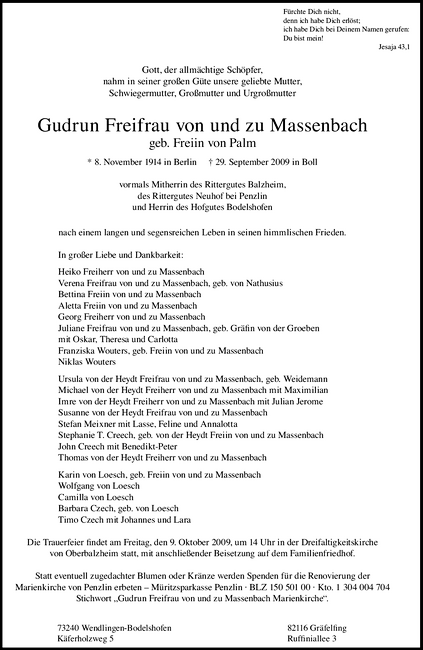This came up on a legal translators’ mailing list, and I can’t resist blogging it.
Apparently it has been argued that the German word Rechtsprechung should not be translated as case law, because the term case law implies the whole common-law system of judicial precedent, and German law has nothing like that. (This is an imprecise quotation: the suggestion was said to be that it is inappropriate to refer to court decisions of countries like Germany and Austria, which emphasize codification, as case law).
I disagree with this: there are differences between the importance of cases in German and English law, but the term case law can still apply to both. And it is applied to both, for instance by Markesinis, by Raymond Youngs, by other writers on German law. A search on German case law in Google Books will produce many examples, some of them good. Markesinis uses precedent too. That is probably a clearer term for non-English speakers, but it certainly does not suggest that cases are not law in Germany.
Anyway, the upshot is that for me, German Rechtsprechung and English case law are close enough to allow the translation. The translation of legal terminology often hinges on how close the translator finds two legal institutions. (I don’t translate Rechtsanwalt as solicitor, unlike many, because I think it’s too narrow – I prefer attorney, even though the term may be seen as historical or American).
Incidentally, German case law was relied on by judges when the Civil Code was first introduced: it was not a blank slate or Stunde Null as far as civil law was concerned. Cases are used to fill gaps in codes and statutes, and in some cases this happens by the legislature’s design. Commentaries on codes and statutes are full of references to cases. Of course, a court is not obliged to be bound, but it often will follow cases. The Federal Constitutional Court binds itself too.
The source of the opinion, which some other legal translators agree with, was a seminar by Russell Miller preceding the current ATA conference in Denver. Here is the summary:
Contending Legal Traditions in German Law
Russell Miller
(Wednesday, 9:00am-12:00pm; All Levels; Presented in: English)The law is an inherent part of legal translation. With this truism in mind, this seminar aims to introduce German-language translators who work with legal translations to some of the traditions vying for influence in German law and legal culture, particularly the civil law tradition and the constitutional law tradition. It is hoped that a better grasp of the spirit and substance of German law will improve and enrich the work of translators dealing with German legal materials.
I wish I could have been there – it must have been interesting. Has anyone got some materials? Russell Miller is well qualified in German and US law, but one can still disagree on terminology.
Here is a quotation from a book on Google Books by Martin Vranken, admittedly a Belgian, who teaches at Melbourne University, which illustrates a use of case law which I find perfectly acceptable and which is common:
…the dogmatics of the BGB has not prevented the German law of tort being shaped heavily by case law. …the courts use Para 823, I BGB as the legal basis for important developments in tort law.
Incidentally, one of the suggestions for an alternative given on the mailing list was jurisprudence. It’s in the title of ‘The Constitutional Jurisprudence of the Federal Republic of Germany’ by Donald P. Kommers. And I’ve now seen it used in the German Law Journal. There’s an article there by Antonio K. Esposito and Christoph J.M. Safferling entitled Report – Recent Case Law (sic) of the Bundesgerichtshof (Federal Court of Justice) in Strafsachen (Criminal Law). The first sentence is:
Reporting on one year of the Bundesgerichtshof’s (BGH – Federal Court of Justice)
jurisprudence in criminal affairs is always a delicate matter.
I find this use of jurisprudence really weird. To me it means legal scholarship – Rechtswissenschaft. It seems it may have come via Lousiana.
Alternatives to case law, for those who object, are: court decisions, judicial decisions. Adjudication was also suggested.











